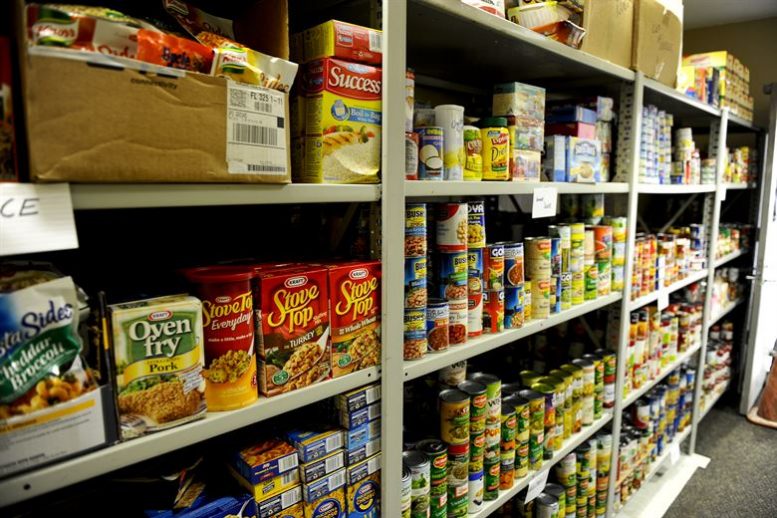Ohio Capital Journal
Athens native Joe Burrow won the 2019 Heisman trophy Saturday and used his national platform to highlight poverty and food insecurity in Southeast Ohio:
“Coming from Southeast Ohio, it’s a very, very impoverished area. The poverty rate is almost two times the national average,” Burrow said. “There are so many people there that don’t have a lot, and I’m up here for all those kids in Athens and Athens County that go home to not a lot of food on the table, hungry after school. You guys can be up here, too.”

The impact of this short speech has been nothing short of astounding. As of 9:30 p.m. Monday, a Facebook fundraiser for the Athens County Food Pantry inspired by the speech had raised more than $285,000 from nearly 8,400 people, and counting.
Our three staff members at the Ohio Capital Journal all worked for years as journalists covering, among many other things, issues of poverty and hunger in Athens County and Southeast Ohio. We know this issue as well as anybody (every word in that sentence is hyperlinked to a different news story one of us did on this topic).
We know the struggle — not just the everyday struggle of families living in poverty and dealing with food insecurity, but the struggle to shine a light on this issue and get political leaders in Columbus to take it seriously.
People living in poverty have no well-paid lobbyists stalking the halls of the Ohio Statehouse advocating for them — there’s no money fighting in behalf of families struggling in poverty. Folks in poverty have no super PACs or independent ability to shower politicians with campaign cash.
Can’t people in poverty advocate for themselves? Well, these are folks working multiple jobs just to have money to put food on the table, purchase school supplies for their children and buy toiletries. They are put in positions where they have to choose between buying soap and paying the electricity bill.
Poverty is expensive. Families can’t afford to buy in bulk. Often they don’t have transportation to the grocery store, or there is no grocery store in the county, so they have to buy the items with higher prices at the corner store. School districts in Athens County have food pantries to keep students fed. Life’s little hiccups — a broken arm or a broken car — hurl families into bankruptcy.
These folks have neither the time nor the resources for political advocacy, and without political advocacy, they are without a voice. Decade after decade, budget after budget, these Ohioans get left behind as their already-low benefits and services get cut further.
Burrow talked about his hometown area of Southeast Ohio, but the issues of poverty occur across our state in communities rural, urban and suburban. The crushing impact of poverty knows no ethnicity, no religion, no geography.
What all those struggling in poverty often lack are those with wide admiration and influence using their platform to advocate for them. This is what makes Burrow’s speech so special. The young man used the biggest moment in his life so far to highlight the hardships of his fellow Ohioans.
He generated so much impact and so much interest so quickly, state and national media have been blasting it across airwaves, intertoobs and front pages.
This shows what a person with high character and a large platform can do when they pay attention, act selflessly and care about other people.
It fostered in folks a wonderful charitable desire to help, and thus we have the wildly successful Facebook fundraiser for the Athens County Food Pantry.
That money will go a long way. When I’ve reported on food banks and pantries, two points always stick out to me: the purchasing power of money is more significant than the provision of non-perishable goods (though all help is very much appreciated); and there are 11 months of the year other than the holidays where the need is just as high. So give money, if you can, but don’t just give during the holidays.
So, while all this charitable giving is truly amazing, my decade-plus experience reporting to highlight issues of poverty tells me that this too will simmer down, and we will be left with the same state government policy issues we face today and have faced for decades.
How do we turn this spirit of compassion and charity into tangible changes to state policy that will help struggling families across Ohio over the long-term?
It’s a big question, but the simplest answer is that we demand it. We have to decide as Ohioans that dignity of life for us and our families, with living wages, adequate resources and ample opportunities, is a value we not only share, but prioritize. Then we make sure we’re informed, and we elect representatives who will actually make it happen. Then we hold them accountable until they do.





